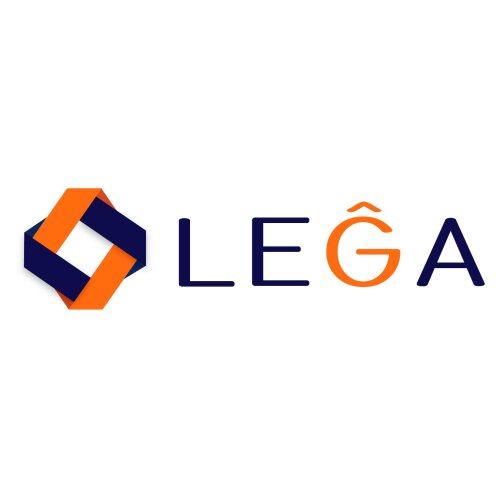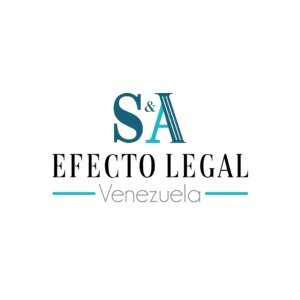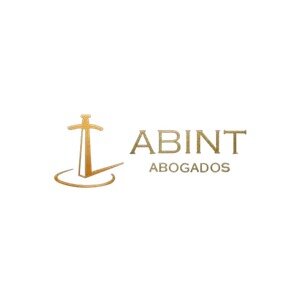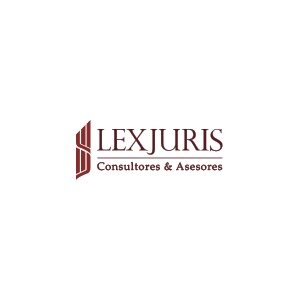Best Acquisition / Leveraged Finance Lawyers in Venezuela
Share your needs with us, get contacted by law firms.
Free. Takes 2 min.
Or refine your search by selecting a city:
List of the best lawyers in Venezuela
About Acquisition / Leveraged Finance Law in Venezuela
Acquisition and leveraged finance involve financial arrangements used to fund the purchase of companies, businesses, or significant assets. In Venezuela, this typically means securing loans or credit facilities from banks or financial institutions, often using the assets or shares of the acquired company as collateral. Structured finance tools are used both by local companies and foreign investors looking to enter or expand in the Venezuelan market. The regulatory environment is influenced by Venezuela’s unique economic conditions, currency controls, and legal requirements for cross-border finance and corporate acquisitions.
Why You May Need a Lawyer
Legal advice is essential in acquisition and leveraged finance for several reasons. First, these transactions are complex and involve multiple parties with sometimes conflicting interests. Venezuelan laws on foreign investment, exchange controls, and corporate governance add an extra layer of complexity. A lawyer can assist in structuring the transaction, conducting due diligence on the target company, drafting loan agreements, and navigating regulatory approvals. Furthermore, a lawyer can protect your interests in negotiation, ensure compliance with local laws, advise on tax implications, and help resolve any cross-border legal issues. Whether you are a local business, an international investor, a lending bank, or a private equity firm, legal expertise is vital to mitigate risks and ensure a successful transaction.
Local Laws Overview
Venezuela has several legal frameworks relevant to acquisition and leveraged finance. The main laws include the Civil Code, Commercial Code, Securities Market Law, and legislation governing financial institutions. The Venezuelan Central Bank (BCV) and banking supervision entities oversee capital movements and financial stability, and there are strict currency controls affecting cross-border transactions. Acquisitions may also trigger notifications or approvals from competition or antitrust authorities. Foreign exchange restrictions and registration requirements with government bodies can significantly impact the structure and timing of transactions. Due diligence is particularly important given Venezuela’s political and economic volatility and frequent changes in regulations. Ensuring compliance with anti-money laundering laws and understanding local creditor rights are essential parts of the process.
Frequently Asked Questions
What is leveraged finance in Venezuela?
Leveraged finance involves the use of borrowed funds, often secured by the assets or shares of a company, to achieve acquisition or capital structuring goals. In Venezuela, this typically means using loans from local or international banks to acquire companies or significant assets within the country.
Are foreign investors allowed to participate in leveraged buyouts in Venezuela?
Yes, foreign investors may participate, but they face restrictions related to foreign currency, registration, and often must comply with local ownership or sector-specific requirements depending on the industry involved in the acquisition.
How do currency controls affect acquisition finance?
Currency controls can profoundly impact acquisition finance. Limits and regulations on exchanging bolivars for foreign currency and restrictions on capital repatriation can make it challenging to structure and fund acquisitions, especially from abroad.
Is it necessary to conduct due diligence in these transactions?
Yes, due diligence is critical. Lawyers help verify the target’s legal standing, debts, ownership, regulatory compliance, risk of litigation, and potential liabilities before any transaction is completed.
What collateral can be used for leveraged loans in Venezuela?
Common types of collateral include shares in the target company, movable assets (such as inventory and equipment), real estate, and sometimes receivables. The enforceability of collateral should be carefully assessed under Venezuelan law.
How long does it take to complete a typical acquisition or leveraged finance transaction?
Timeline varies depending on deal complexity, regulatory approvals required, due diligence findings, and funding sources. The process can take several months, especially if foreign capital or governmental authorizations are involved.
What government approvals might be necessary?
You may need approvals from the Superintendence of Banking Sector Institutions (SUDEBAN), Superintendence of Securities, the Central Bank, and possibly antitrust authorities, depending on the transaction size and nature.
How does Venezuela’s economic situation influence these transactions?
Economic instability, inflation, exchange rate volatility, and frequent legislative changes increase risk and complexity for acquisition and leveraged finance deals. Thorough legal and financial preparation is essential.
What are the tax implications of acquisition finance?
Transactions may incur income tax, capital gains tax, or stamp duty. Tax treatment varies based on transaction structure, residency of parties, and funding sources. Legal advice is essential to assess and plan for these implications.
Can disputes arising from these transactions be arbitrated?
Yes, parties may agree to resolve disputes via arbitration, often seated outside Venezuela to ensure neutrality and enforceability, but local law may impose some limits, especially for regulatory and public policy matters.
Additional Resources
For those seeking more information or assistance with acquisition or leveraged finance in Venezuela, consider the following resources:
- Venezuelan Superintendence of Banking Sector Institutions (SUDEBAN) - oversight of banking and financial operations
- Central Bank of Venezuela (BCV) - information on currency regulations and monetary policy
- Venezuelan Superintendence of Securities - guidance on public offerings, securities trading, and finance
- Local and regional law firms specialized in corporate and financial law
- Industry organizations such as the Venezuelan Banking Association
- National Center for Foreign Investment Registry (CENRI) for investment registration requirements
Next Steps
If you are considering an acquisition or leveraged finance transaction in Venezuela, start by clearly identifying your objectives and potential targets or partners. Seek specialized legal counsel early to assess feasibility, understand risks, and plan the transaction structure. Gather all necessary documentation and ensure compliance with local laws and regulations. A qualified lawyer or law firm can assist with due diligence, negotiating agreements, securing authorizations, and navigating regulatory requirements. Act promptly, as regulatory and economic conditions in Venezuela can change rapidly.
Lawzana helps you find the best lawyers and law firms in Venezuela through a curated and pre-screened list of qualified legal professionals. Our platform offers rankings and detailed profiles of attorneys and law firms, allowing you to compare based on practice areas, including Acquisition / Leveraged Finance, experience, and client feedback.
Each profile includes a description of the firm's areas of practice, client reviews, team members and partners, year of establishment, spoken languages, office locations, contact information, social media presence, and any published articles or resources. Most firms on our platform speak English and are experienced in both local and international legal matters.
Get a quote from top-rated law firms in Venezuela — quickly, securely, and without unnecessary hassle.
Disclaimer:
The information provided on this page is for general informational purposes only and does not constitute legal advice. While we strive to ensure the accuracy and relevance of the content, legal information may change over time, and interpretations of the law can vary. You should always consult with a qualified legal professional for advice specific to your situation.
We disclaim all liability for actions taken or not taken based on the content of this page. If you believe any information is incorrect or outdated, please contact us, and we will review and update it where appropriate.
Browse acquisition / leveraged finance law firms by city in Venezuela
Refine your search by selecting a city.













